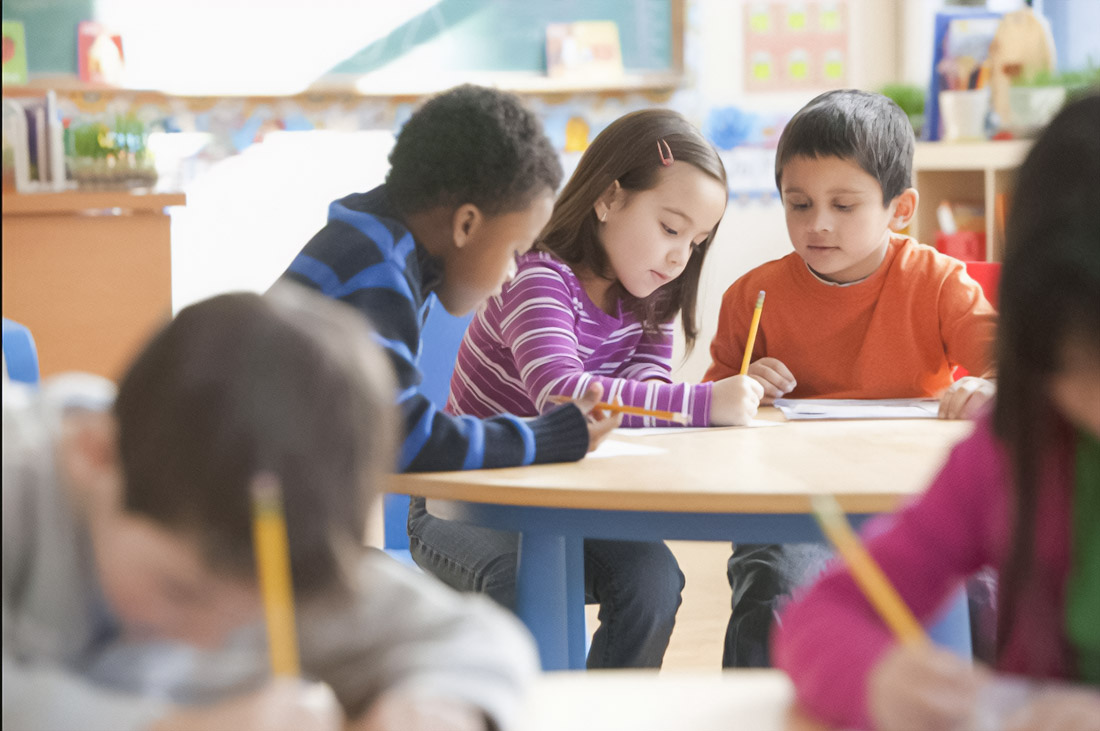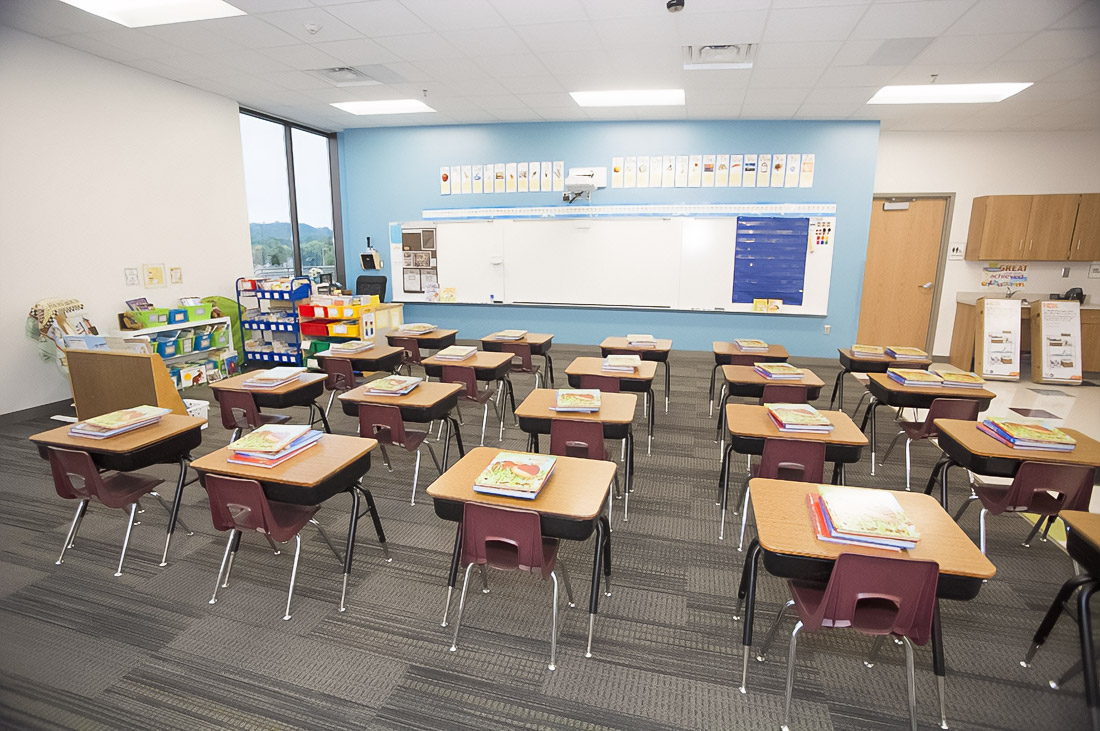Historical Heritage and Modern Approaches: Traditional Values in English Private Schools
English private schools, also known as independent and public schools, have an impressive history beginning in the Middle Ages. These institutions were founded with the purpose of preparing youth for university education and instilling basic Christian moral principles. In particular, the schools emphasized such traditional values as strictness of discipline, respect for elders, striving for academic heights, and development of leadership abilities. At the core of the curriculum were classical ideals: knowledge of Latin and Ancient Greek, sports activities for physical development, and moral formation of personality. To obtain a similar educational experience, you can consider an English private school in Ajman.
Evolution of educational traditions: from the Middle Ages to our days

Unbreakable continuity through centuries: influence on modern education
 Today, these traditional values still retain strength and form in the educational programs of English private schools. The element of pride in academic achievements and striving to maintain a high level of education are fundamental aspects of their work. Traditions play a central role: mandatory school uniforms, frequent meetings, and ceremonies enhance the sense of unity, creating a cohesive school community.
Today, these traditional values still retain strength and form in the educational programs of English private schools. The element of pride in academic achievements and striving to maintain a high level of education are fundamental aspects of their work. Traditions play a central role: mandatory school uniforms, frequent meetings, and ceremonies enhance the sense of unity, creating a cohesive school community.
- Uniform: emphasizes formality and uniformity.
- Ceremonies: create an atmosphere of solemnity and unity.
- Sports and extracurricular activities: promote comprehensive development.
- Charity: promotes social responsibility and empathy.
Pros and cons of tradition: modern attempt of analysis
 Adhering to heritage, such schools create a stable educational environment, which has both advantages and disadvantages. On one side of the scale, discipline and order are factors of academic success. On the other hand, there is the risk of excessiveness and stagnation when innovations and freedom of expression are suppressed by traditional frameworks. Socialization does not always promote diversity, which is expressed in the lack of inclusiveness and a sense of elitism.
Adhering to heritage, such schools create a stable educational environment, which has both advantages and disadvantages. On one side of the scale, discipline and order are factors of academic success. On the other hand, there is the risk of excessiveness and stagnation when innovations and freedom of expression are suppressed by traditional frameworks. Socialization does not always promote diversity, which is expressed in the lack of inclusiveness and a sense of elitism.
Centuries-old wisdom in the era of globalization and technology
 Globalization and technology challenge traditional educational values, forcing schools to rethink their approaches. New cultural standards and ways of learning shape the educational environment beyond traditions. An important trend is the need to find a balance between innovative trends and time-tested methods.
Globalization and technology challenge traditional educational values, forcing schools to rethink their approaches. New cultural standards and ways of learning shape the educational environment beyond traditions. An important trend is the need to find a balance between innovative trends and time-tested methods.
- Global influence: causes adaptation to new cultural standards.
- Technology in education: opens access to global resources.
- Innovation versus traditions: search for balance.
Educational standards and innovations in UAE
Successful examples of integration of traditions and innovations
 Famous British schools are flagships of effective synthesis of traditional and modern educational methods. Eton College is among the best due to combining academic requirements with a rich choice of extracurricular activities. Harrow School, with its ideological leadership programs and international exchange, is an example of implementing innovations that do not change the traditional core.
Famous British schools are flagships of effective synthesis of traditional and modern educational methods. Eton College is among the best due to combining academic requirements with a rich choice of extracurricular activities. Harrow School, with its ideological leadership programs and international exchange, is an example of implementing innovations that do not change the traditional core.
- Eton College: academic strictness, theater, and technology.
- Harrow: integration of cultures, leadership, and modern skills.
Future of traditional values: from unconditional to adaptive significance
A Sustainable future for traditional values of private education depends on their ability to adapt and co-opt new educational needs. Creating hybrid educational models is one of the strategies for helping schools remain relevant. Key steps include the implementation of innovative digital practices and the development of inclusive and diverse school communities.
Globalization and its impact on education Traditions remain relevant if schools are open to changes and adaptation. This will ensure the important role of private English schools in preparing future leaders and active citizens in the conditions of globalization.

I am an award-winning freelance writer who specializes in finance topics. With over ten years of experience, I have been published in the Wall Street Journal, the New York Times and numerous trade journals, including the Harvard Business Review.
